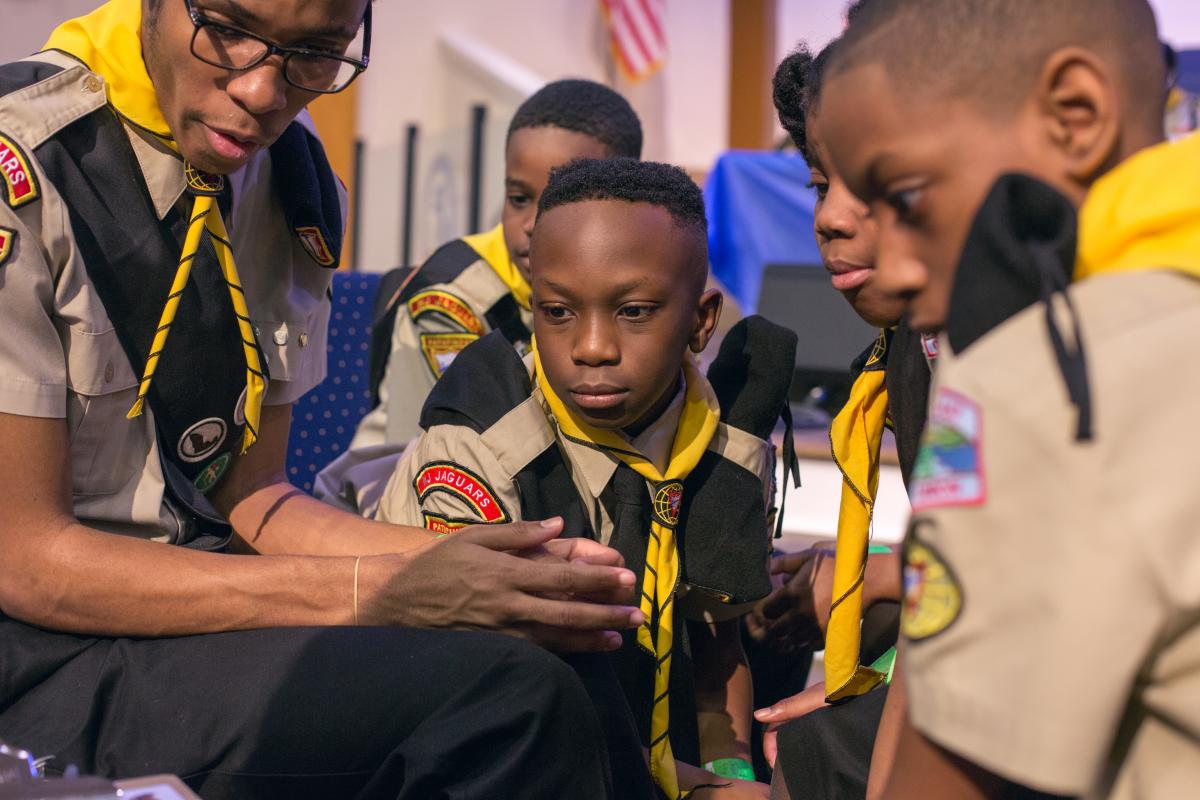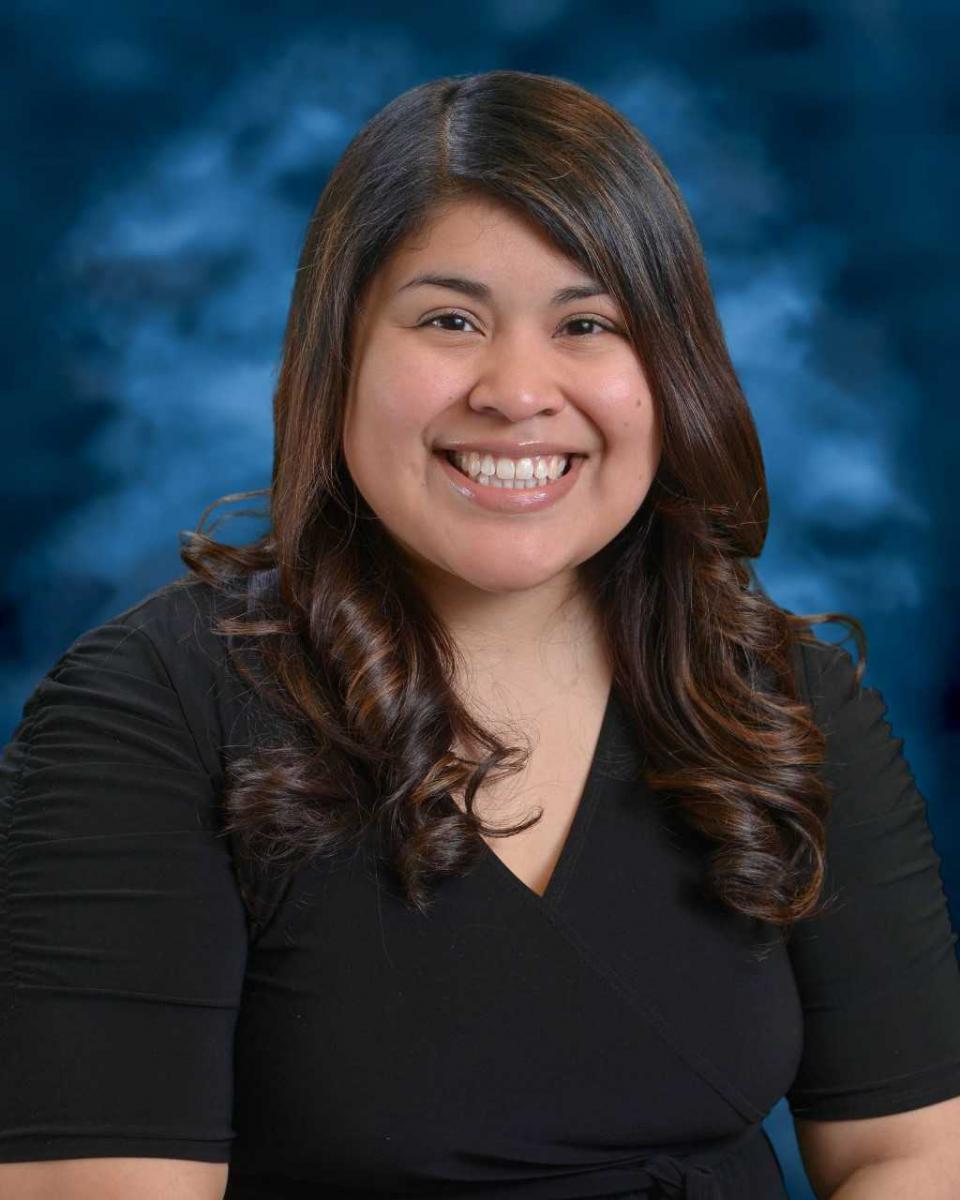 By V. Michelle Bernard / Photos by Pieter Damsteegt/NAD
By V. Michelle Bernard / Photos by Pieter Damsteegt/NAD
Thirty-seven teams from the Columbia Union Conference participated in the North American Division’s (NAD) Pathfinder Bible Experience (PBE) at Camp Hawthorne (Fla.) April 21.
 By V. Michelle Bernard / Photos by Pieter Damsteegt/NAD
By V. Michelle Bernard / Photos by Pieter Damsteegt/NAD
Thirty-seven teams from the Columbia Union Conference participated in the North American Division’s (NAD) Pathfinder Bible Experience (PBE) at Camp Hawthorne (Fla.) April 21.
Editorial by Eli Rojas
All you have to do is look at the list of disciples Jesus picked to know He had a mess on His hands. Two particular people, Matthew and Simon, had the potential to be immersed in conflict. Matthew, a Mokhes tax collector, was an enemy of the Jewish nation. Although Jesus knew everything about him, He still invited him to “Follow Me” (see Matt. 9:9). What was Jesus thinking?
According to the Washington Post, during the first three months of 2018, there were at least 11 school shooting incidents nationwide, including the Marjory Stoneman Douglas High School in Parkland, Fla., where 17 were killed. We asked three Columbia Union educators what they think we should do to keep our schools safe.
 Dulce Gabriel, principal of New Jersey Conference’s Vine Haven Adventist School in Vineland
Dulce Gabriel, principal of New Jersey Conference’s Vine Haven Adventist School in Vineland
Ethan Madding, a senior at Spencerville Adventist Academy in Spencerville, Md., recently showed his film, Fool’s Prayer, at the 2018 Sonscreen Film Festival at the North American Division Headquarters in Columbia, Md.
The film is an adaption of Marvin Moore’s book, Witnesses Through Trial, a story about two German Schutzstaffel (SS) officers who deal with a prisoner who won’t work on the Sabbath.
Story by Heidi Wetmore
The foundational principle, “It is more blessed to give than to receive” (Acts 20:35, NIV), presents a stark contrast to the self-centered messages in today’s society. Finding joy and passion in giving to others is a radical attitude, especially for a teenager living in 2018. But Matthew Abrams, a junior from Chesapeake Conference's Spencerville Adventist Academy (Md.), is leading the charge to bring the spirit of giving back into the light: